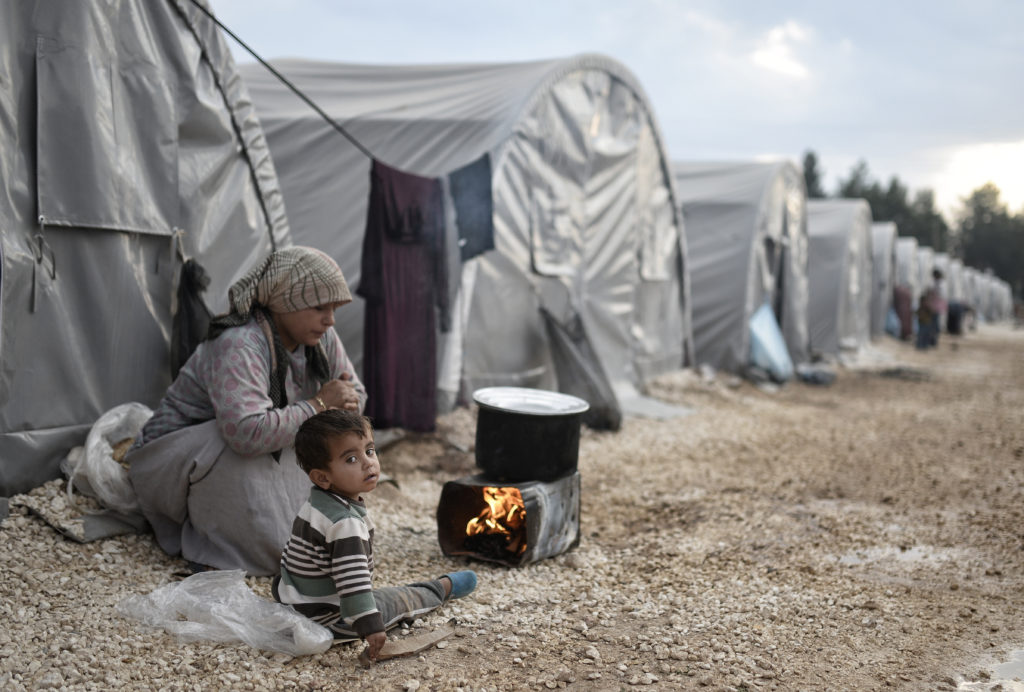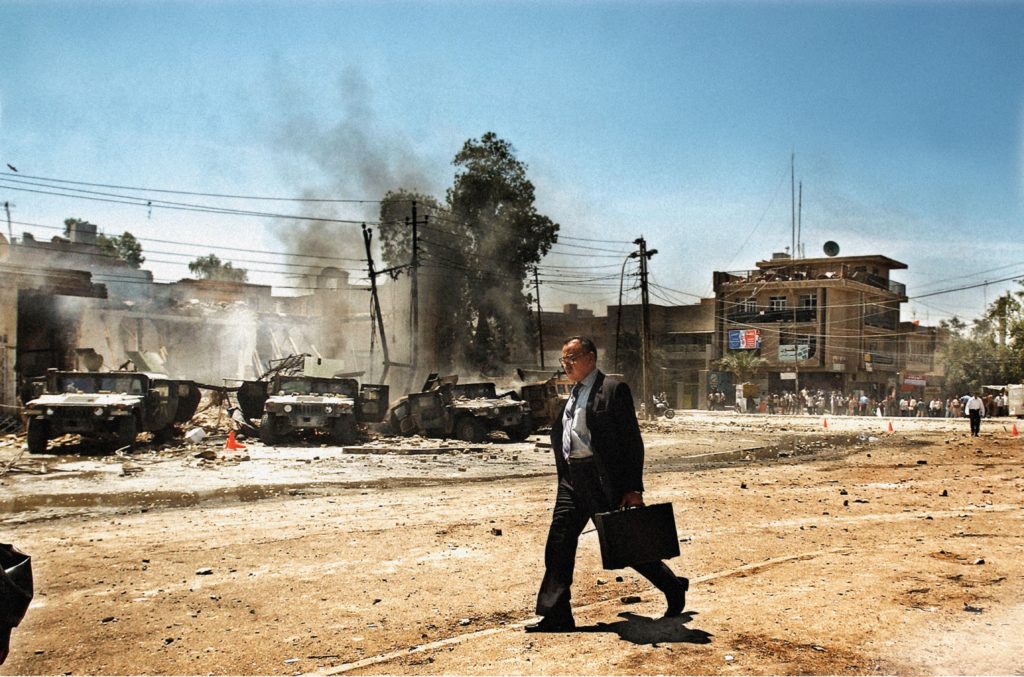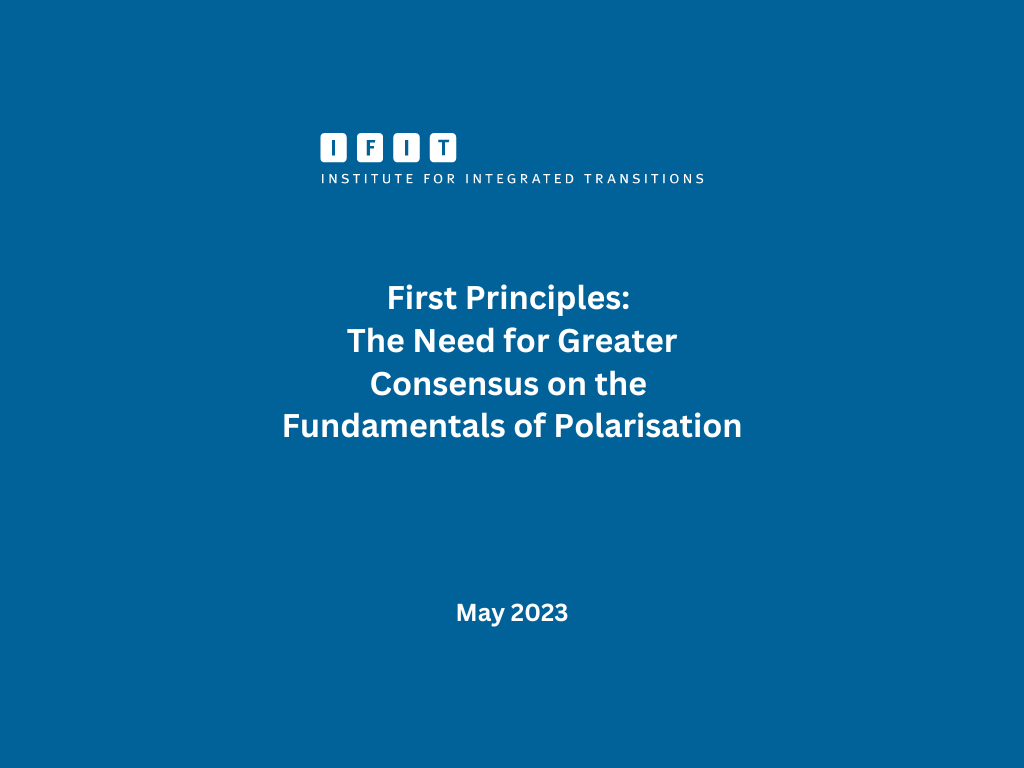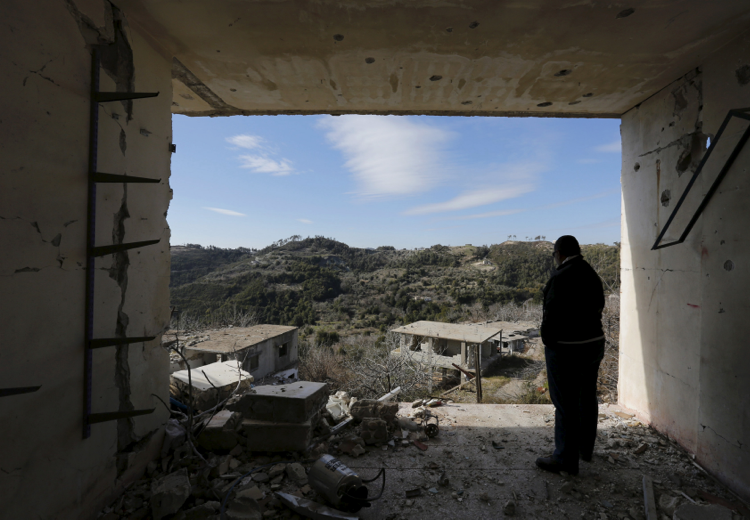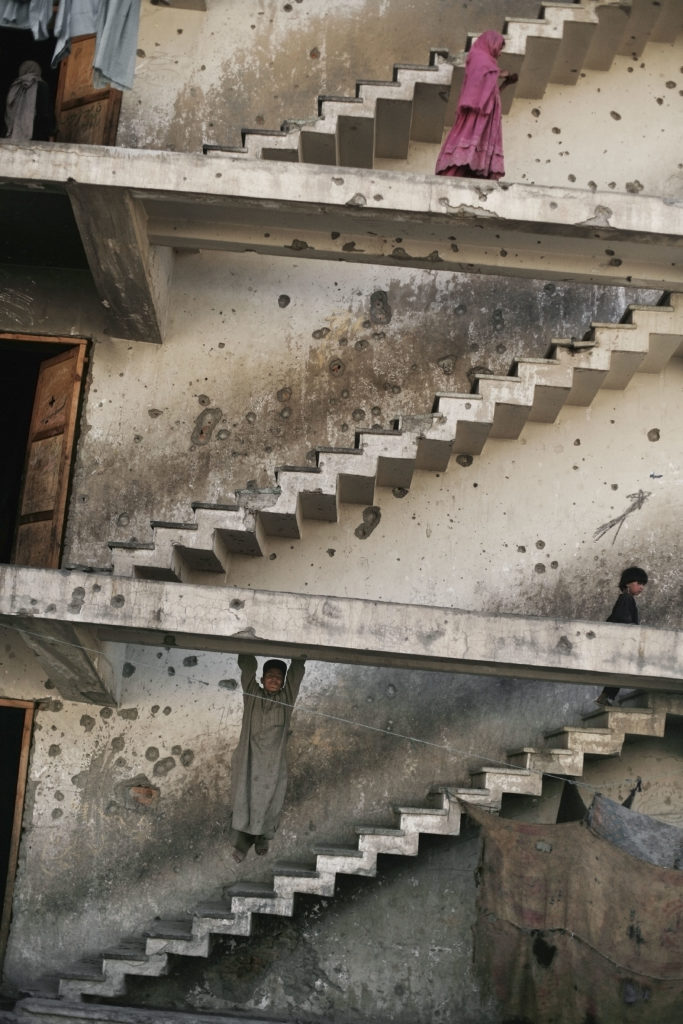Expert Team: Practice Groups
Dr. Paikiasothy Saravanamuttu is the founder Executive Director of the Centre for Policy Alternatives (CPA), a member of the Foreign Policy Advisory Group and of the Board of the Lakshman Kadirgamar Institute for International and Strategic Studies. He has presented papers on governance and peace in Sri Lanka at a number of international conferences and is widely quoted in the international and local media.
In 2010, Dr. Saravanamuttu was awarded the inaugural Citizens Peace Award by the National Peace Council of Sri Lanka and in September 2013, he was invited by President Obama to attend his “High Level Event on Civil Society” in New York. In 2016, he was appointed, Secretary of the Task Force on Consultations on Mechanisms for Reconciliation and in 2017, short-listed for the Peace Prize awarded by the city of Ypres, Belgium. He is also a member of the Regional Advisory Group of Amnesty International for Asia.
Dr. Saravanamuttu is a Founding Director of the Sri Lanka Chapter of Transparency International and a Founding Co- Convener of the Centre for Monitoring Election Violence (CMEV), which has monitored all the major elections in Sri Lanka since 1997 and the civil society alliance the Platform for Freedom. In 2004 he was an Eisenhower Fellow (2004) and is currently Chairperson of the Eisenhower Fellows, Sri Lanka and a Member of the Gratiaen Trust.
Dr. Saravanamuttu received a BSc Economics, Upper Second Class Honours degree and Ph. D in International Relations from the London School of Economics and Political Science (LSE), University of London, in 1979 and 1986, respectively. He lectured in International Politics at the University of Southampton, UK, from 1984–92.
You may also be interested in
Professor Erik Berglof is the inaugural Chief Economist at the Asian Infrastruture Investment Bank, where he sets the vision and strategy for the Economics Department and leads the planning, implementation and supervision of its work plan in support of the Bank’s mandate. Prior to joining AIIB in September 2020, he was Director of the Institute of Global Affairs and of its Global Policy Lab at London School of Economics and Political Science (LSE).
Previously, he was a member of the Secretariat for the G20 Eminent Persons Group, tasked with reviewing global financial governance, and a member of the World Economic Forum Global Futures Council on the Financial and Monetary Systems. He is currently a Non-Resident Fellow at the Brookings Institution and the Institute for New Economic Thinking in New York.
From 2006 to 2015, Professor Berglof was the Chief Economist and Special Adviser to the President of the European Bank for Reconstruction and Development (EBRD), where he was part of creating and co-led the Vienna Initiative, a European crisis response team credited with mitigating the impact of the 2008 Global Financial Crisis.
Before that, he was Director of the Stockholm Institute of Transition Economics (SITE) and Professor at the Stockholm School of Economics. He was Assistant Professor at Universite Libre de Bruxelles and has held visiting positions at Harvard, Stanford and Massachusetts Institute of Technology (MIT). He has also served as Special Adviser to the Prime Minister of Sweden.
An expert in transition economics and institutional transformation through private sector development, Professor Berglof has published widely in top journals on economic and political transition, corporate governance, financial development and EU reform. He holds a PhD in Financial Economics and an MA in Business and Economics, both from the Stockholm School of Economics.
You may also be interested in
Betty is Senior Advisor and former Chief Executive Officer of Financial Sector Deepening (FSD) Zambia, a non-profit corporation developed to expand and deepen financial inclusion and to address financial sector reform issues. Ms. Wilkinson has over 30 years of professional experience in the development assistance field worldwide, including as a leading multilateral bank manager, policy advisor, field researcher, and senior government official in the finance and planning ministry of a recipient country. With expertise in the fields of finance, financial sector reform and private sector development, and gender, she has worked in emergency environments and in transition situations in Bangladesh, Pakistan, Papua New Guinea, and Tajikistan among others.
From 2003 to 2015 Ms Wilkinson was Senior Manager and official at the Asian Development Bank (ADB). From 2012 to 2015 she was sector director for finance, public management, trade, private sector, social protection, education and health for the Central Asia group, incorporating Afghanistan, Armenia, Azerbaijan, Georgia, Kazakhstan, Kyrgyz Republic, Pakistan, Tajikistan, Turkmenistan, and Uzbekistan. She led Departmental and ADB-wide teams in financial sector reform and innovation, MSME development, gender, and human resources improvement in various countries such as the People’s Republic of China, Mongolia, and the Central Asia group. Prior to joining the ADB, she worked as Associate Director at the Centre for Institutional Reform and the Informal Sector (IRIS) at the University of Maryland, including as resident Director in Nepal and Zambia. At IRIS Ms. Wilkinson led major worldwide initiatives to develop model frameworks of small enterprise, agribusiness, and finance legislation. She developed key policy enhancement initiatives in countries such as Angola, China, Nepal, Russia, and South Africa.
Ms. Wilkinson engages globally with ministers, central bank governors, industry representatives, and leaders of development agencies, NGOs, think tanks, and communities to facilitate evidence-based innovation and change. She holds a BA in Business Economics from UC Santa Barbara and an MS (abd) in Agricultural Economics from Cornell University.
You may also be interested in
Avila Kilmurray has worked in Northern Ireland since 1975. She was Regional Coordinator of the Rural Action Project (NI) – an EU Anti-Poverty Programme; Development Officer with the Northern Ireland Council for Voluntary Action; and Women’s Officer with the Transport & General Workers Union.
From 1994-2014, Avila was Director of the Community Foundation for Northern Ireland, managing EU funding programmes that supported political ex-prisoners, victims/survivors of violence and grassroots community activism. The Community Foundation for Northern Ireland was a founder member of the Foundations for Peace Network, a peer network of independent indigenous funders working in contested societies. Avila has long been active in the women’s movement and was a founder member of the Northern Ireland Women’s Coalition, joining its negotiating team for the Belfast/Good Friday Agreement. She has written extensively on community development, women’s issues, conflict transformation and philanthropy.
Avila is currently working as a consultant with The Social Change Initiative, an international NGO working to strengthen civil society activism and advocacy in the areas of human rights, migration/refugee rights and community-based peacebuilding. She is a member of the Working Group on Philanthropy for Social Justice & Peace. Avila was appointed Honorary Professor in the Transitional Justice Institute, Ulster University and remains actively involved in philanthropy and peacebuilding. She has a PhD from the Institute of Governance, Queens University Belfast.
You may also be interested in
Solon Simmons is full professor and the director of The Narrative Transformation Lab (TNT Lab) at George Mason University’s Carter School for Peace and Conflict Resolution. A sociologist by training, he is the author many books and articles on narrative and storytelling in peace and politics, including Conflict Resolution after the Pandemic Building Peace, Pursuing Justice (2021), Root Narrative Theory and Conflict Resolution; Power, Justice and Values (2020), The Eclipse of Equality: Arguing America on Meet the Press (2013), and, most recently, Narrating Peace: How to Tell a Conflict Story (2024) and The Handbook of Social and Political Conflict (coming 2025). At TNT Lab, Solon is leading efforts to develop cutting-edge narrative tools for use in practical applications in both adversarial struggles for justice and collaborative journeys toward peace.
Solon served as interim dean for the Carter School in 2013 and Vice President for Global Strategy for George Mason from 2014 to 2017. He is currently President of the Faculty Senate. He teaches classes on the craft of peace writing, conflict theory, narrative, media, discourse and conflict, human rights, quantitative and qualitative methodology, global conflict, and critical theory.
Areas of expertise: story structure, psychometrics, discourse analysis, social theory, political strategy.
You may also be interested in
Seth D. Kaplan is a leading expert on fragile states, societies, and communities.
He is Senior Adviser for IFIT, a Professorial Lecturer in the Paul H. Nitze School of Advanced International Studies (SAIS) at Johns Hopkins University, and consultant to multilateral organizations such as the World Bank, U.S. State Department, U.S. Agency for International Development, and OECD as well as developing country governments and NGOs.
His latest book, Fragile Neighborhoods, offers a bold new vision for addressing social decline in America, one zip code at a time.
Areas of expertise: fragile states, fragile societies, fragile communities, neighbourhoods, social cohesion, conflict prevention, peacebuilding, political transitions, polarisation, social innovation, systems thinking, China.
You may also be interested in
Sellah N. King’oro is a Kenyan social researcher, lawyer, mediator and trainer with a specific interest and experience in gender, peace and security. She serves as the Senior Gender Advisor at the British Peace Support Team (Africa), where she trains troop and police contributing countries to deploy quality military and police personnel to United Nations/African Union peace support operations in Africa. Before joining BPST(A), Sellah had a 15-year public service function as the Head of Research and Policy at the Kenyan National Cohesion and Integration Commission. She contributed to reconciliation and dialogue processes among communities in parts of East, Central and West Africa.
Sellah has a PhD in Peace and Conflict Studies from Kisii University (Kenya), post-graduate diplomas from Bradford University (UK) and Chulalongkorn University (Thailand), and resident practitioner experience at the State University of New York at Binghamton (US). As part of community service, Sellah mentors a pool of next generation researchers who desire to contribute to social change through their support to civil society programming. She is also a Rotary Peace Fellow, a Chevening Fellow and a Global Peace Index ambassador at the Institute for Economics and Peace.
Areas of expertise: gender, peace and security, social cohesion, education.
You may also be interested in
Dr. Sara Cobb is Professor Emerita at the Jimmy and Rosalynn Carter School for Peace and Conflict Resolution at George Mason University, where she was also the director for eight years. In this context, she teaches and conducts research on the relationship between narrative and conflict. She is also the Director of the Center for the Study of Narrative and Conflict Resolution at the Carter School, which provides a hub for scholarship on narrative approaches to conflict analysis and resolution.
Dr. Cobb is widely published. Her book, Speaking of Violence: The Politics and Poetics of Narrative in Conflict Resolution (Oxford University Press) lays out the theoretical basis for a narrative lens on both conflict analysis and conflict resolution; this perspective presumes that conflict is a struggle over meaning, anchored in and by the stories we tell. Formerly Executive Director of the Program on Negotiation at Harvard Law School, she has been a leader in the fields of negotiation and conflict resolution studies, conducting narrative research on adaptive governance, serious games, resilient communities and sustainable systems. Currently, she is conducting research on conflict prevention in the Arctic.
You may also be interested in
Sara Batmanglich is currently a Senior Operations Officer (Strategy and Analytics) in the Fragility, Conflict and Violence (FCV) Group at the World Bank. Sara joined the Bank from the OECD, where she was a Peace and Conflict Advisor in the Crises and Fragility Unit, leading on the States of Fragility reports and workstream as well as the policy research portfolio for the International Network on Conflict and Fragility (INCAF).
Before joining the OECD, she was an independent consultant who did both field and policy research on conflict prevention, peacebuilding, youth and various forms of violence. Sara has also worked for International Alert, a UK-based peacebuilding NGO, where she was Head of their Crime, Violence and Instability programme, which undertook research on drivers of transnational organised crime, violent extremism and urban violence and identified opportunities for peacebuilding approaches to address these. She initially joined International Alert in their International Institutions programme with the focus of better understanding how the UN and the World Bank, through their engagement in fragile and conflict-affected situations, were supporting nationally-defined peacebuilding and development priorities.
Previously, Sara worked for International Peace Institute (IPI) and NYU’s Center on International Cooperation (CIC) where she liaised closely with the UN system and focused on multilateral approaches to peace and security, including operational and structural prevention, peacekeeping and special political missions. She began her career with Vice Media, where she supported the initial expansion of the company into new markets.
Areas of expertise: fragility and fragile states, conflict, gang/urban/criminal violence, PVE, peacebuilding, development, international aid architecture.
You may also be interested in
Refik Hodzic is a journalist, film-maker and justice activist from Prijedor, Bosnia and Herzegovina. He has worked for more than 25 years in the field of transitional justice, with a particular focus on the role of media and communications.
He currently works as a strategic communications consultant on Syria and Myanmar with the European Institute for Peace and the Independent Investigative Mechanism for Myanmar, and recently with the UNDP and Open Society Justice Initiative in Sri Lanka and Afghanistan.
Hodzic served as ICTJ’s director of communications from 2011-2017. Prior to that, Hodzic has worked in various capacities as an expert in strategic communications in transitional justice processes in the former Yugoslavia, Sri Lanka, Lebanon, Colombia, Tunisia and Timor-Leste. While with the ICTJ Hodzic worked on contexts as diverse as Kenya, Guatemala, Syria, Canada, Uganda and Nepal.
Hodzic served with the International Criminal Tribunal for Yugoslavia from 2000–2004 and 2006–2010 as the Tribunal’s spokesman and outreach coordinator for Bosnia and Herzegovina. He also headed the public information and outreach section of the Court of Bosnia and Herzegovina, where he developed a comprehensive public information and outreach strategy for the court and the state prosecutor’s office.
In 2004, Hodzic co-founded XY Films, an independent film and television production company producing documentary films dealing with the legacy of war crimes committed during the 1990s. With XY Films he authored award-winning documentaries and television series. Hodzic has published extensively in international media and academic publications on victims’ rights and the relationship between media and transitional justice. He is one of the founders of “White Armband Day,” a globally-recognized grassroots campaign for the rights of victims’ families in Prijedor, Bosnia and Herzegovina.
Areas of expertise: strategic communications, transitional justice, media, journalism, displacement.
You may also be interested in
